Art by Chloe Wang
Center for the Arts and Humanities
Beyond the Grassroots: Participatory Ecology and Political Praxis
Doing politics and doing science at the human-environment edge.
Mellon Symposium 2018
Organized by Rafter Sass Ferguson
April 20, 2018
Participatory ecology as movement. Grassroots movements like agroecology and permaculture prioritize direct engagement with the environment. Through practices of growing food and managing natural resources, they work to transform human-environment relationships from the ground up–and transform society in the process.
How do grassroots ecological practices connect with broader visions and strategies for collective liberation?
Participatory ecology as research. At the same time, a growing number of food, environment, and agricultural researchers seek to bring their work into alignment with these movements–shifting resources of methodology, knowledge, and institutional capital into the service of transformation.
How can research, within and without institutions, support the vision and strategy of these movements?
This symposium brings together researchers, practitioners, and movement activists, each of whom defy easy categorization into any one of these categories. We will use this unique forum as an opportunity to hash out the ways in which our visions for collective liberation can be realized in the strategies and practices of our movements and movement-embedded research.
Sponsored by the John B. Hurford ’60 Center for the Arts and Humanities.
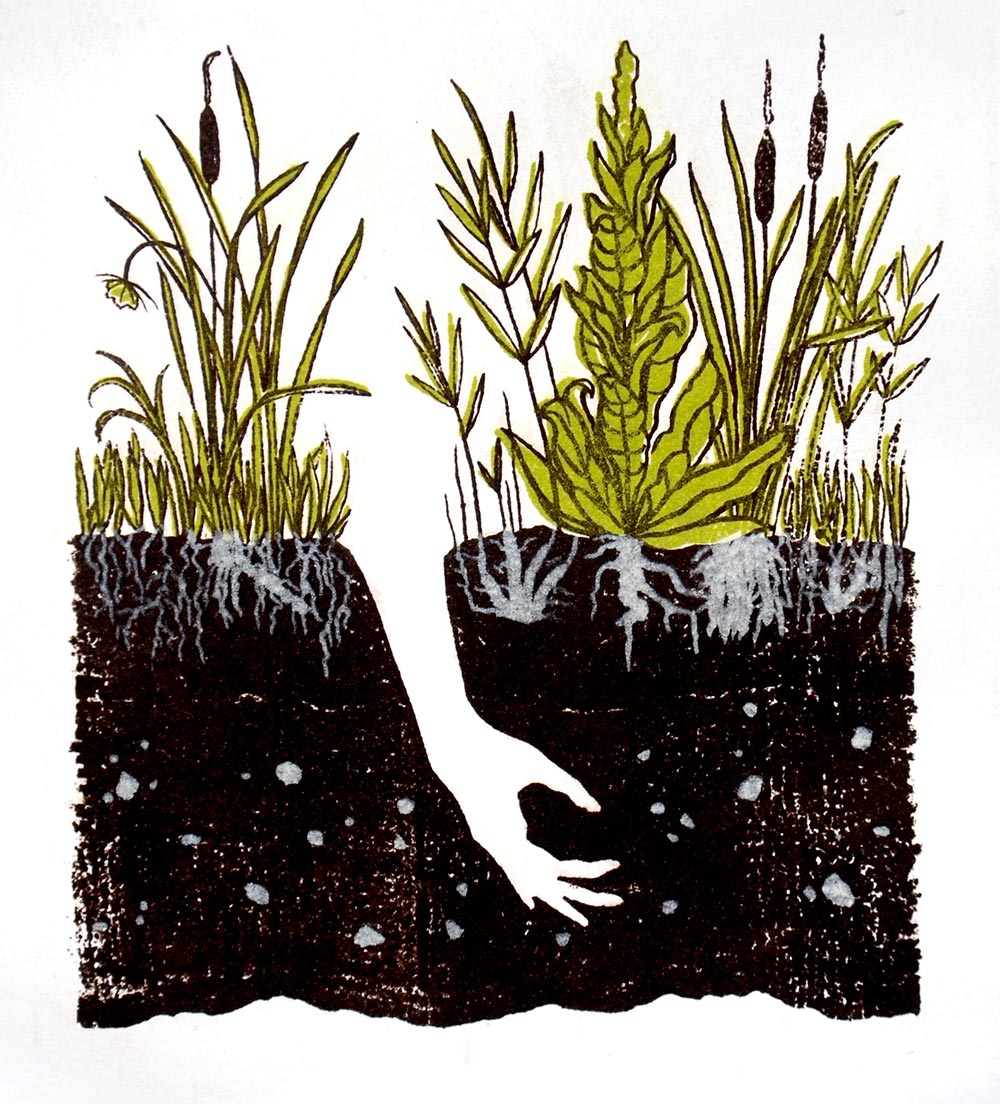
Schedule
Friday, April 20, 2018
All events in VCAM 201 unless otherwise noted. View Campus Map
9:00–9:30 a.m.
Opening Remarks
Rafter Sass Ferguson
9:30–11:00 a.m.
Session 1 | Making research matter, helping food movements win
"Academics, Achieving Change, and a New Extension of ‘Showing Up’"
M. Jahi Chappell, Coventry University
"Decolonizing Academia--By Agrarianizing It? Land, Labor, Learning & Justice"
Garrett Graddy-Lovelace, American University
11:10–11:15 a.m.
Break
11:15 a.m.–12:45 p.m.
Session 2 | Visions for the Future of Farming
"Can Farming Save the Future? (Or, How to Revolutionize Agriculture to Fight Climate Change)"
Nathan Kleinman, Experimental Farm Network
"Afroecology As A Social Methodology"
Kirtrina Baxter, Soil Generation
12:45–2:00 p.m.
Lunch
**VCAM Community Kitchen
2:00–3:30 p.m.
Session 3 | Ground Zero: Farmers at the center of social transformation
"Addressing Social Inequalities at Multiple Scales: Farmer participatory research in Malawi"
Rachel Bezner-Kerr, Cornell University
"Uprooting Racism in the Food System"
Leah Penniman, Soulfire Farm (remote presentation)
3:30–3:45 p.m.
Break
3:45–5:15 p.m.
Session 4 | Visions in motion, strategies in action
"Political and Social Conditions to Build Power (from Below) in the US"
Saulo Araujo, Why Hunger?
Roundtable Discussion, all panelists
5:15–5:30 p.m.
Concluding Remarks
Rafter Sass Ferguson
Speakers
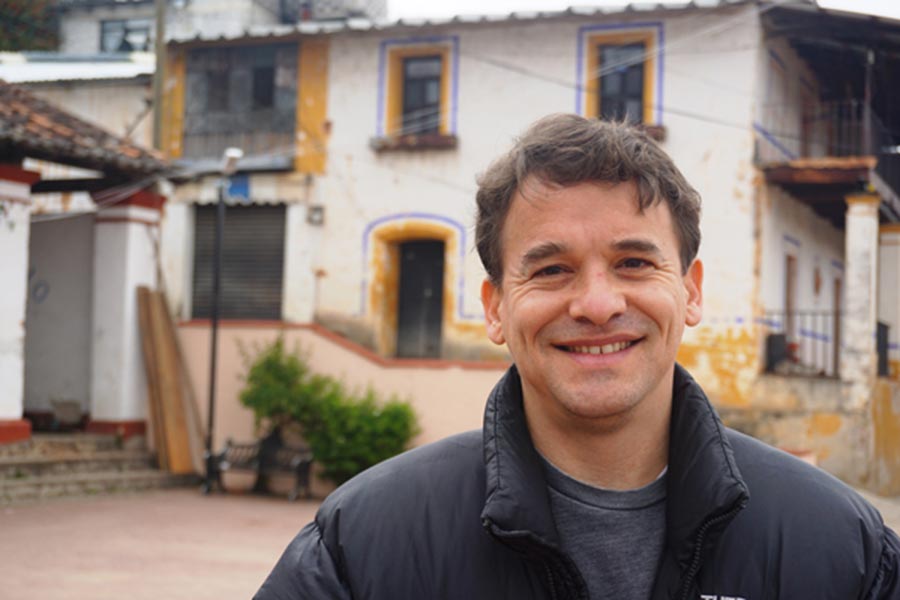
Saulo Araújo
Saulo Araujo is the director of the Global Movements Program at WhyHunger. He works to advance initiatives of food sovereignty and agroecology by identifying resources and network opportunities that will strengthen the work of grassroots organizations and social movements. Originally from Brazil, Saulo brings years of experience working with urban and rural families in the United States and abroad. Prior to WhyHunger, he worked as the Latin America Program Coordinator for Grassroots International, and served as consultant to international funders, including the United Nations Food and Agriculture Organization. He has a bachelors of science degree in Agricultural Engineering from the Federal Rural University of Pernambuco state, Brazil and a M.A. in International Development and Social Change from Clark University. Saulo is a senior fellow of the Environmental Leadership Program, and has served as board member and advisor for many organizations, including The Food Project, New England Grassroots Environmental Fund and Justice at Work.
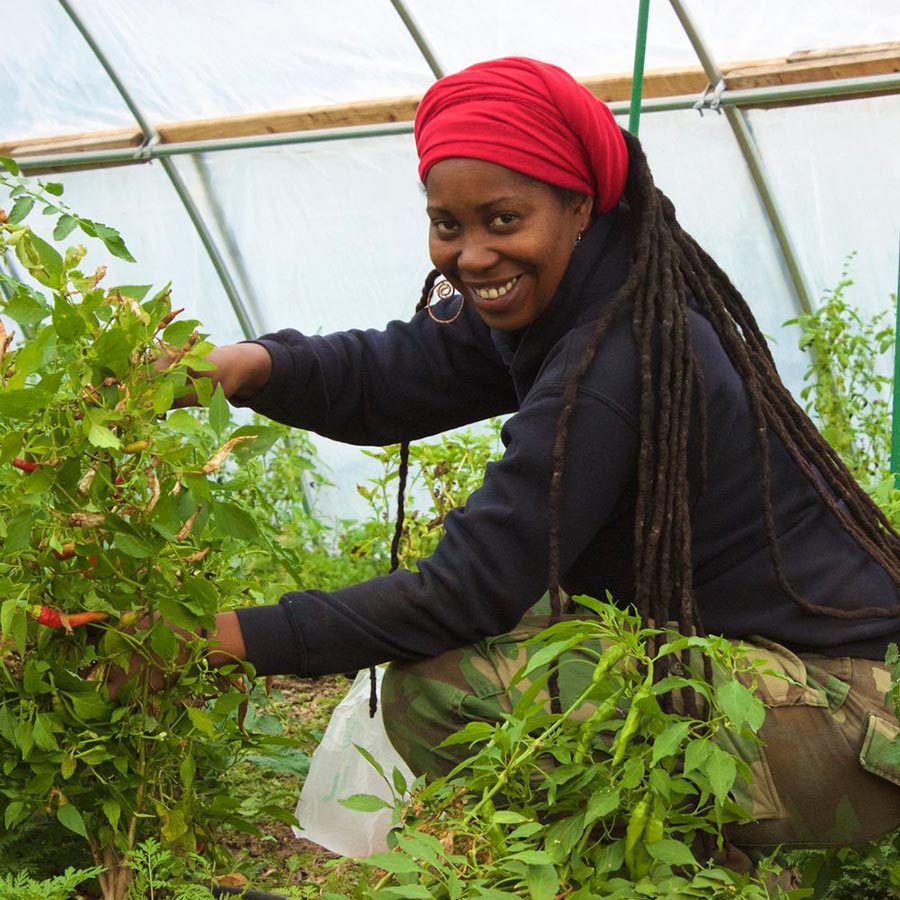
Kirtrina Baxter
Kirtrina M. Baxter, M.A. is a dedicated mother, drummer, urban farmer, food & land justice activist, community organizer and Afroecologist. Kirtrina is currently the community organizer for the Public Interest Law Center of Philadelphia where she works with gardeners around the city, to gain access to land and other resources. She also co-organizes Soil Generation, a Black and Brown-led coalition of urban agriculture advocates, environmental & food justice activists who work within a racial and economic justice framework to help inform policy and provide community education and support to gardeners in the city.
Though certified in permaculture, Kirtrina identifies with agroecology as a more politically informed way to practice her land work. As well as being an urban grower, Kirtrina has volunteered to help create and maintain various community gardens in Upstate NY as well as Philadelphia. Kirtrina co-founded the Ithaca Youth Farm Project, a youth-run farm CSA that engages students from culturally different backgrounds; the Congo Square Market which is an outdoor summer cultural market designed to offer opportunities for start-up entrepreneurs of color to build economic means. She is the farm manager and a board member of Urban Creators, a board member of Mill Creek Farm and CoFed, a member of the Black Dirt Farm Collective, and The Seedkeepers Collective, and sits on the leadership teams of the National Black Food and Justice Alliance and HEAL Food Alliance. In 2008, she received her M.A from Union Institute and University in Cultural Studies.
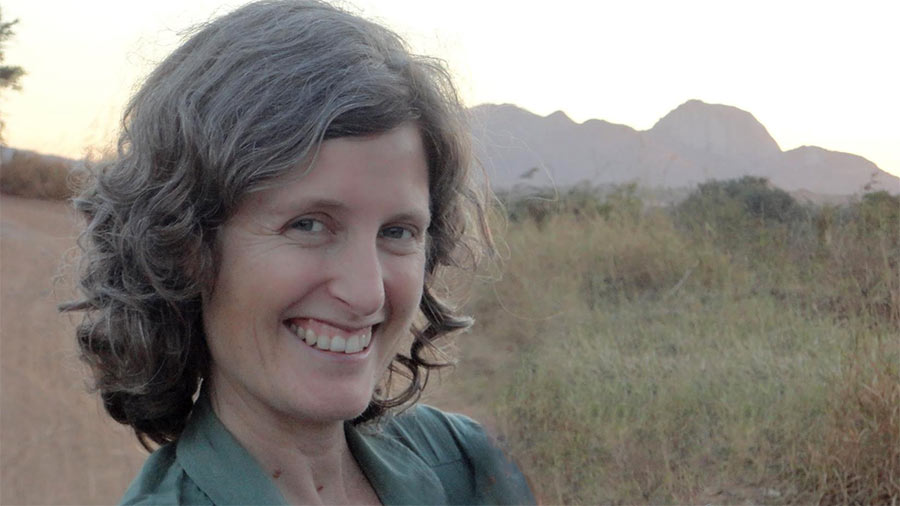
Rachel Bezner Kerr
Rachel Bezner Kerr is an Associate Professor in Development Sociology at Cornell University. She is a development sociologist with a background in environmental science, anthropology and international development. Dr. Bezner Kerr has published over 40 articles and book chapters in journals such as Proceedings of the National Academy of Sciences, World Development and Food Policy. For the past 17
years, she has worked with the Soils, Food and Healthy Communities organization in Malawi. She is a co-Principal Investigator in the Singida Nutrition and Agroecology Project in Tanzania, working with 500 farming households alongside Action Aid Tanzania and Nelson Mandela African Institute for Science and Technology (NMAIST). She is also the director of the Community Food Systems minor in Cornell University, which provides engaged learning experiences for students with organizations working on sustainable agriculture and food justice issues. When she is not working, Rachel loves hanging out with her family, gardening, hiking and participating in local community organizing activities for social justice.
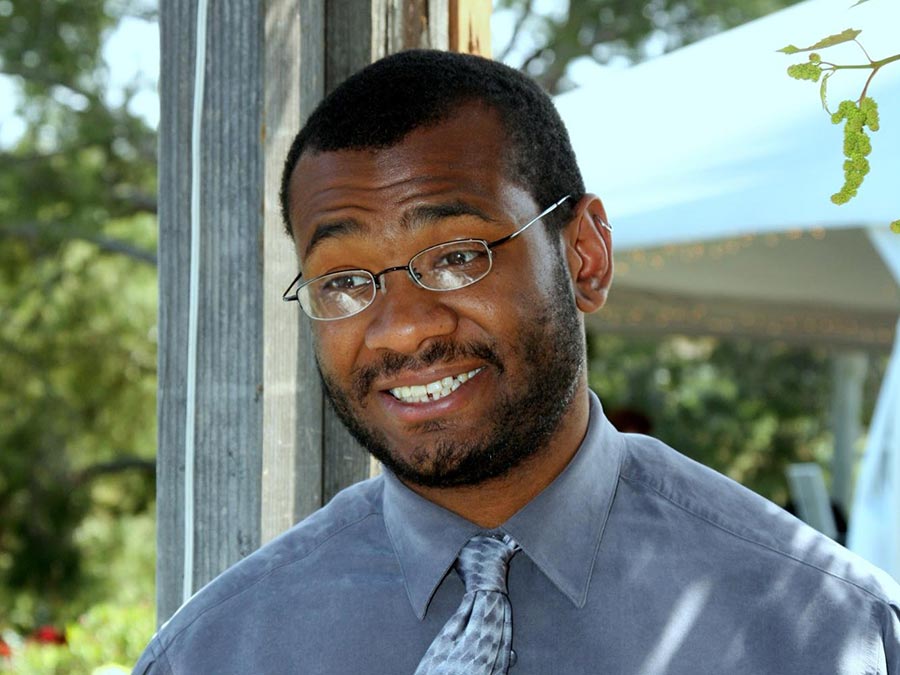
M. Jahi Chappell
M. Jahi Chappell is a political agroecologist whose research combines social and natural sciences in order to support the construction of participatory, socially just, and ecologically sustainable agrifood systems. He is a Senior Research Fellow at the Centre for Agroecology, Water and Resilience (CAWR) at Coventry University in the United Kingdom, and an adjunct faculty member of the School of the Environment at Washington State University. He holds a PhD in Ecology & Evolutionary Biology, and a BSE in Chemical Engineering, both from the University of Michigan. Jahi has consulted for La Vía Campesina, the Food and Agriculture Organization of the United Nations, and the World Future Council. His first book, Beginning to End Hunger: Food and the Environment in Belo Horizonte, Brazil and Beyond, was published in January 2018 by University of California Press.
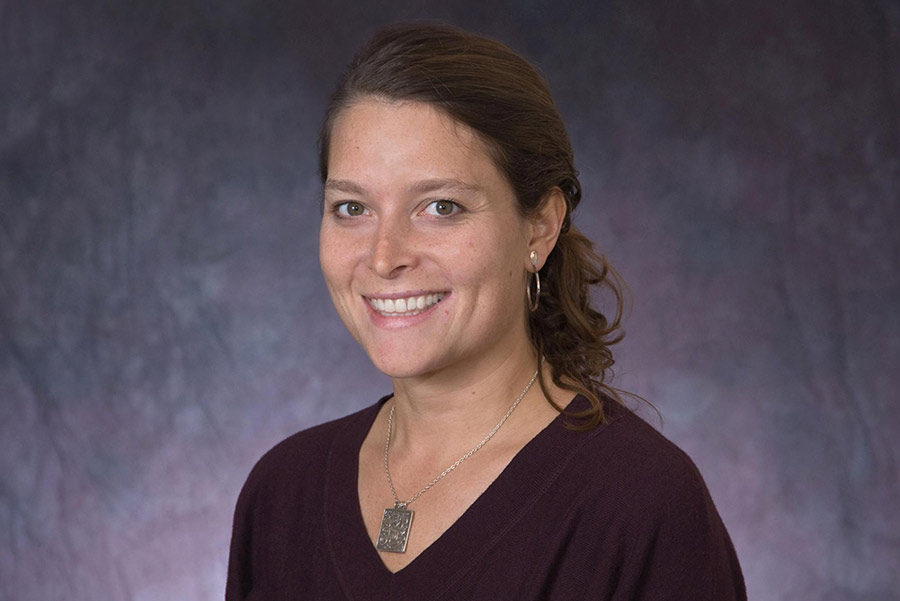
Garrett Graddy-Lovelace
Garrett Graddy-Lovelace teaches and researches agricultural policy and agrarian politics at American University School of International Service in Washington D.C. A cultural and political geographer, she draws upon political ecology and postcolonial theory in her (forthcoming?) book The Power of Seeds & Politics of Agricultural Biodiversity, and as co-Principal Investigator for an interdisciplinary SESYNC-NSF Pursuit on agrobiodiversity and nutrition data synthesis. Drawing on community-partnered research methodologies, she studies the domestic and international impacts of U.S. farm policy, U.S.-Cuban agricultural relations, agroecology and governance, and epistemologies of agrarian justice. She has (existing and forthcoming) publications in Journal of Peasant Studies, Journal of Agrarian Change, Journal of Rural Studies, Agriculture & Human Values, Antipode, Gender Place & Culture, Global Environmental Politics, Renewable Agriculture & Food Systems, Elementa, and ACME. She has farmed on her family's farm in Kentucky, and has a PhD in Geography from University of Kentucky, a Masters in Theological Studies from Harvard Divinity School, and a BA in Theatre Studies/Performance Theory from Yale.
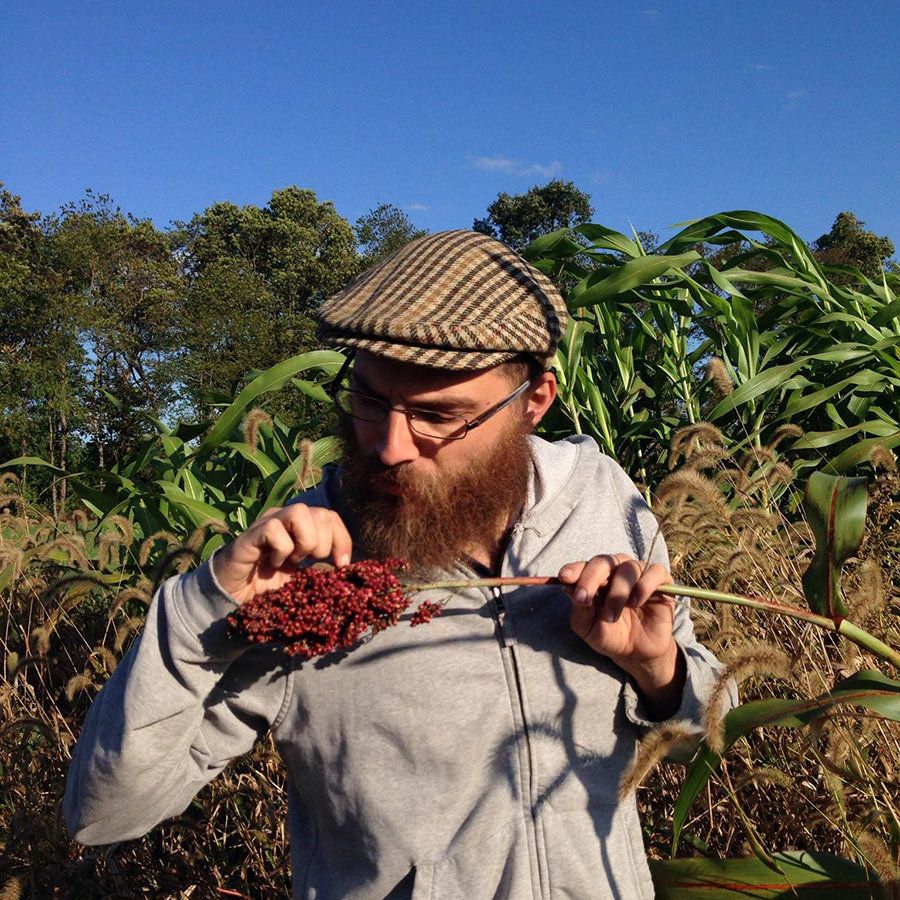
Nathan Kleinman
Nate was born in Philadelphia. He graduated from Abington Friends School in 2000 and from Georgetown University’s School of Foreign Service in 2004. Following college, he worked as a landscaper, camp counselor, office manager, and theatrical spotlight operator, before committing himself to a life of activism. He has worked in a variety of jobs in politics and organizing, including Barack Obama's 2008 presidential campaign and Joe Sestak's 2010 U.S. senate campaign, though he quit his last “real job” in 2012 (as an organizer with the Service Employees International Union). He is grateful to consider himself equal parts farmer and organizer today.
As a volunteer, Nate has been involved in efforts ranging from the Sudan Freedom Walk to Occupy Sandy. He has participated in foreign delegations to Mexico, Honduras, and Cuba. He helped found InterOccupy, an open communication platform for activists, and used it to help coordinate Occupy Sandy New Jersey. He ran for U.S. Congress in 2012 (and was called “the first Occupy candidate” by Politico magazine). He has served on the Executive Board of the Project for Nuclear Awareness, the Cumberland County (NJ) Long Term Recovery Group, and the Jewish Social Policy Action Network. He is a member of the Seed Advisory Committee of the Non-GMO Project, the Education Committee of the Northeast Organic Farming Association of New Jersey (NOFA-NJ), and Vice President of GMO Free Pennsylvania. As a plant breeder and researcher, Nate has a broad range of interests, but he is most engaged at the moment in the pursuit of climate stabilizing perennial staple crops, especially sorghum.
Organizer
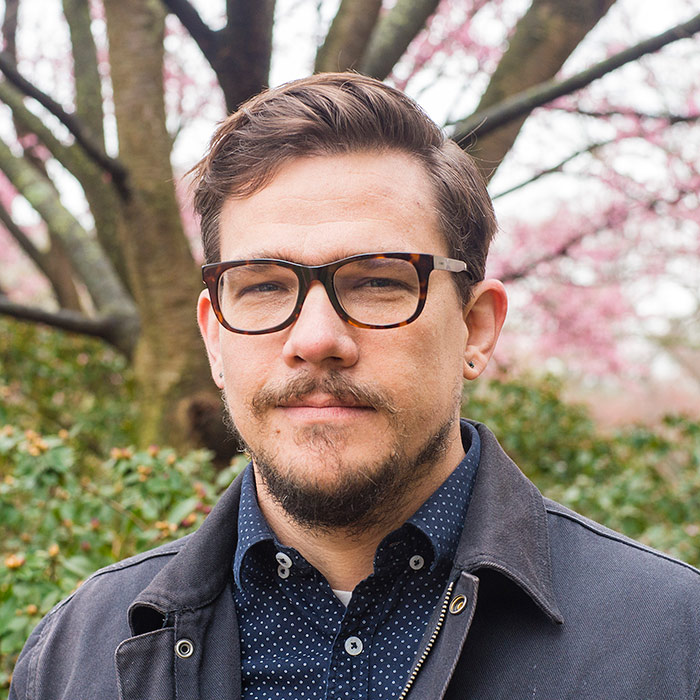
Rafter Sass Ferguson
Rafter Sass Ferguson earned his Ph.D. in Crop Sciences from the University of Illinois at Urbana-Champaign, and M.S. in Agroecology from the University of Vermont. His research on permaculture as farming practice and as grassroots network, represents the first systematic examination of the movement. Ferguson's research is informed equally by themes in agroecology and political ecology, integrating questions about the quantifiable performance of farming systems with a concern for the ways in which our ideas about agriculture translate into policies and practices that have different consequences for different communities. Guided by the belief that the social transformation we need requires robust cooperation across sectors, his research is designed to help build bridges between grassroots activists and the scientific community.
Prior to his current position as Mellon Fellow at Haverford College, Ferguson completed a postdoctoral research fellowship at University of Lisbon, supported by the EU project Bottom-Up Climate Adaptation Strategies Towards a Sustainable Europe. His most recent publication is “Diversification and labor productivity on US permaculture farms” in Renewable Agriculture and Food Systems (2017). He has taught extensively on permaculture, agroecology, movement strategy, and related themes, in academic and popular settings. For more information please visit liberationecology.org